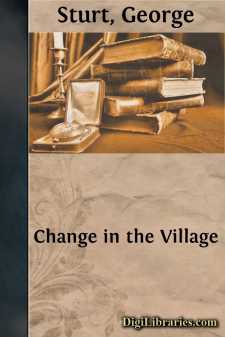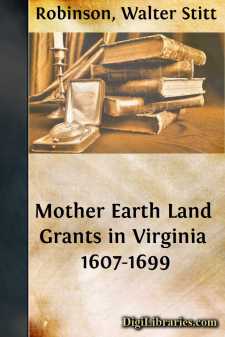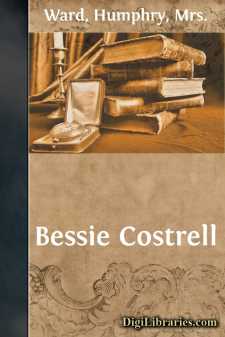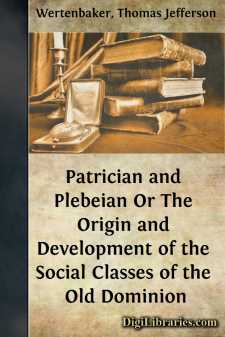Categories
- Antiques & Collectibles 13
- Architecture 36
- Art 48
- Bibles 22
- Biography & Autobiography 816
- Body, Mind & Spirit 145
- Business & Economics 28
- Children's Books 17
- Children's Fiction 14
- Computers 4
- Cooking 94
- Crafts & Hobbies 4
- Drama 346
- Education 58
- Family & Relationships 59
- Fiction 11834
- Foreign Language Study 3
- Games 19
- Gardening 17
- Health & Fitness 34
- History 1378
- House & Home 1
- Humor 147
- Juvenile Fiction 1873
- Juvenile Nonfiction 202
- Language Arts & Disciplines 89
- Law 16
- Literary Collections 686
- Literary Criticism 179
- Mathematics 13
- Medical 41
- Music 40
- Nature 179
- Non-Classifiable 1768
- Performing Arts 7
- Periodicals 1453
- Philosophy 66
- Photography 2
- Poetry 897
- Political Science 203
- Psychology 45
- Reference 154
- Religion 516
- Science 126
- Self-Help 85
- Social Science 82
- Sports & Recreation 34
- Study Aids 3
- Technology & Engineering 59
- Transportation 23
- Travel 463
- True Crime 29
Sort by:
by:
Lytton Strachey
CHAPTER I. ANTECEDENTS I On November 6, 1817, died the Princess Charlotte, only child of the Prince Regent, and heir to the crown of England. Her short life had hardly been a happy one. By nature impulsive, capricious, and vehement, she had always longed for liberty; and she had never possessed it. She had been brought up among violent family quarrels, had been early separated from her disreputable and...
more...
by:
George Sturt
THE VILLAGE If one were to be very strict, I suppose it would be wrong to give the name of "village" to the parish dealt with in these chapters, because your true village should have a sort of corporate history of its own, and this one can boast nothing of the kind. It clusters round no central green; no squire ever lived in it; until some thirty years ago it was without a resident parson; its...
more...
CHAPTER ONE The Land and the Indian Among the motives for English colonization of America in the seventeenth century, the desire for free land occupied a prominent place. The availability of land in the New World appealed to all classes and ranks in Europe, particularly to the small landholder who sought to increase his landed estate and to the artisans and tenants who longed to enter the ranks of the...
more...
INTRODUCTION. Many admirable works on this interesting subject have appeared in several languages, but, to my mind, in a form too sternly technical, cold, if I may be allowed—the writers barely in touch with the anxious youth or man, who, as amateur, yearns to get at that knowledge of correct construction without which he scarce may hope to become a professional violin maker, some notable instances...
more...
by:
Humphry Ward
SCENE I It was an August evening, still and cloudy after a day unusually chilly for the time of year. Now, about sunset, the temperature was warmer than it had been in the morning, and the departing sun was forcing its way through the clouds, breaking up their level masses into delicate lattice-work of golds and greys. The last radiant light was on the wheat-fields under the hill, and on the long chalk...
more...
EUGÈNE YSAYE THE TOOLS OF VIOLIN MASTERY Who is there among contemporary masters of the violin whose name stands for more at the present time than that of the great Belgian artist, his "extraordinary temperamental power as an interpreter" enhanced by a hundred and one special gifts of tone and technic, gifts often alluded to by his admiring colleagues? For Ysaye is the greatest exponent of...
more...
by:
Charles E. Hatch
The colonization of Virginia was a mammoth undertaking even though launched by a daring and courageous people in an expanding age. The meager knowledge already accumulated was at hand to draw on and England was not without preparation to push for "its place in the sun." There was a growing navy, there was trained leadership, there was capital, there was organization and there were men ready to...
more...
PREFACE Forty-seven years have passed since this volume was first published; in that time a mass of source material has been made available to the historian and numerous books on early Virginia history have been published. But I believe that its main theses have not been shaken. The old belief that the Virginia aristocracy had its origin in a migration of Cavaliers after the defeat of the royalists in...
more...
by:
Andre Theuriet
CHAPTER I. THE UNFINISHED WILL Toward the middle of October, about the time of the beechnut harvest, M. Eustache Destourbet, justice of the Peace of Auberive, accompanied by his clerk, Etienne Seurrot, left his home at Abbatiale, in order to repair to the Chateau of Vivey, where he was to take part in removing the seals on some property whose owner had deceased. At that period, 1857, the canton of...
more...
by:
Michael Clarke
I. VERGIL, THE PRINCE OF LATIN POETS. The story of AE-ne'as, as related by the Roman poet Ver'gil in his celebrated poem called the AE-ne'id, which we are to tell about in this book, is one of the most interesting of the myths or legends that have come down to us from ancient authors. Vergil lived in the time of the Roman Emperor Au-gus'tus (63 B. C.—14 A. D.), grand-nephew and...
more...











